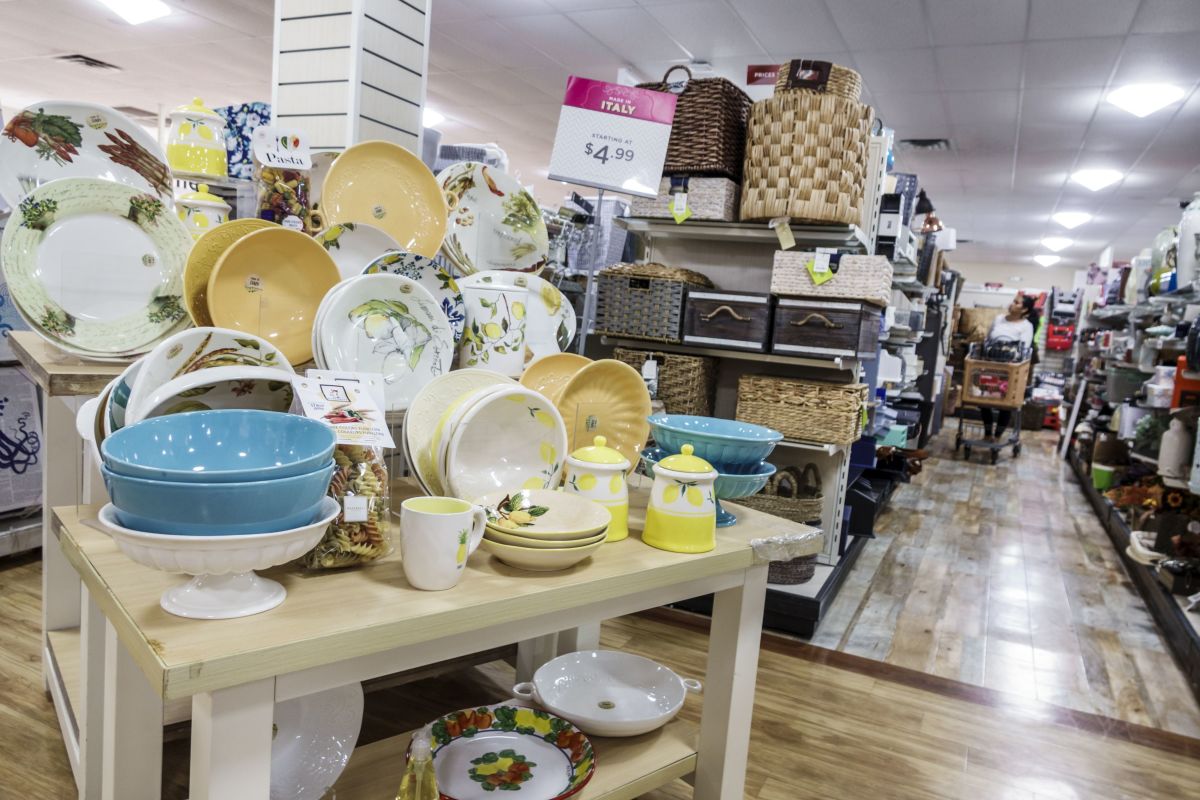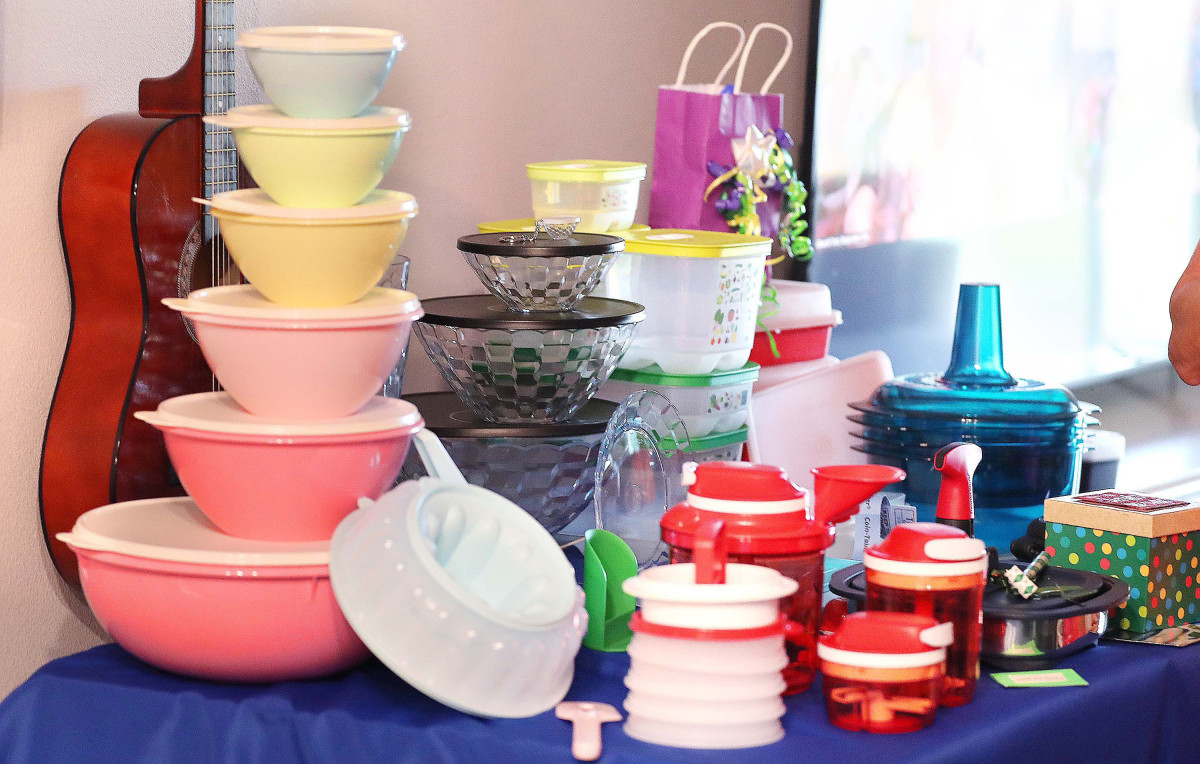
It may seem like a foreign concept to many digitally native people, but back in the day, you actually had to leave your house for many of the things you needed.
Before there were Amazon (AMZN) and scores of other online fulfillment juggernauts, many people were used to the idea of running out for a handful of necessities.
Related: Huge transportation company files Chapter 11 bankruptcy
Whether it was for groceries, formalwear for an upcoming event, party supplies, prescriptions, dinnerware, or just about anything else – if you needed it, you had to get it yourself.
This often meant driving quite a distance to different specialty retailers for each need. Sure, there were giant corporate warehouses like Walmart (WMT) 50 some years ago, but stores like those were the exception. The rule was, basically, if you needed something quickly, you had to go searching for it. And often that was at least a few towns over.
In some cases, brands and companies actually came to your door, but not the way an Amazon delivery driver might. You'd be expecting a package in the latter example. But in the case of the former, sales representatives from different industries, be it cosmetics, jewelry, or household items, would come to your door and offer to sell you these things. It sounds like an ancient concept, and it tended to be quite a difficult way to make a living.

Retail used to look very different
In the case of Tupperware, sales consultants and representatives are expected to go from door to door selling various associated products. Reps then earn a cut of what they sell. In theory, this seems like a decent business model. Except if you're at the bottom of the sales totem pole.
"Tupperware’s business opportunity is disguised as an MLM [multi level marketing] in a Pyramid Scheme. The MLM perhaps gives a career with recruits working from home, but it is certainly not easy to sell the product directly to consumers, and in most cases, most people rely on recruits rather than selling the products. This is also partnered with statistics showing that only 1 out of 833 reps earn over $32k a year," writes Good Bad Marketing.
Related: After bankruptcy struggling mall chain closes more locations
Surprising, since Tupperware is one of the most recognizable brands in the United States. After all, when you're storing your leftovers after dinner, you've probably told someone to put those ingredients in a Tupperware, rather than a generic plastic dish or bowl.
Tupperware battles more troubles
It's been harder to convince folks to come work for Tupperware in recent years, since many of us now get our food storage online at places like Amazon or in stores at a Walmart or HomeGoods, cutting out the middle man altogether.
And the company, which has been in business since the mid-1940s, has been met with its fair share of struggles because of it. It warned in April that it may not be able to continue with its business operations, facing a credit crunch.
"The Company is reviewing its real estate portfolio for property available for potential dispositions or sale-leaseback transactions, and is exploring right-sizing efforts, monetization of fixed assets, cash management, and marketing and channel optimization, to preserve or deliver additional liquidity," Tupperware said in a statement at the time.
More Retail:
- Ulta CEO sounds the alarm on a growing problem
- Lululemon releases a first-of-its-kind product
- Target store introduces a new 'over 18' policy
- Amazon launches genius new subscription product
And on June 11, a WARN notice revealed the company is shutting down its U.S. operations in South Carolina, which will result in the termination of 148 employees. The reason for the layoffs was cited as a “permanent closure."
“We sold our Hemingway [South Carolina] facility last year and will be transitioning manufacturing operations by year end to our Lerma, Mexico plant, which already produces the bulk of the products for our U.S. and Canada markets,” a spokesperson for Tupperware explained in an emailed statement. “We plan to invest in new distribution services through a new, state-of-the-art third-party logistics facility in the Midwest U.S. The transition is happening in phases throughout the remainder of the year.”
Related: Another popular fast-food chain files for Chapter 11 bankruptcy
Tupperware still maintains production and operation plants in Belgium, Brazil, South Korea, Mexico, Portugal, China, India and South Africa. But it has delayed filing earnings reports. In March 2024, Tupperware disclosed its Q3 2023 performance, with net sales down 16%.
Related: Veteran fund manager picks favorite stocks for 2024







